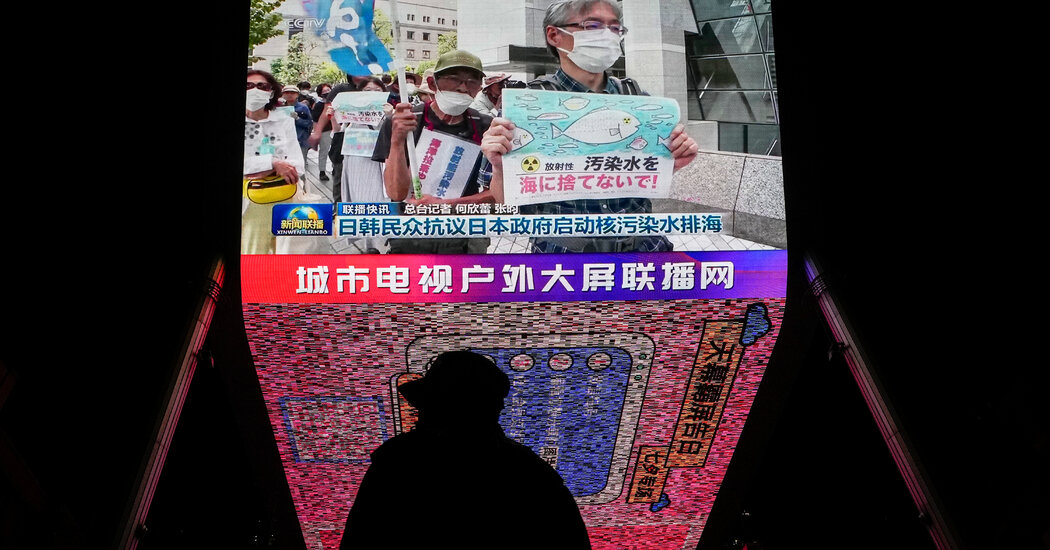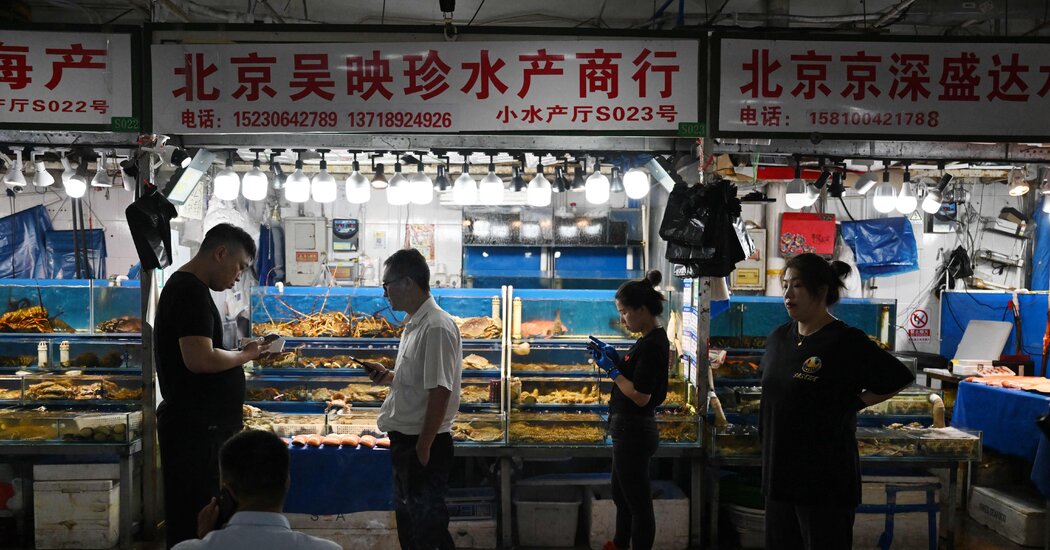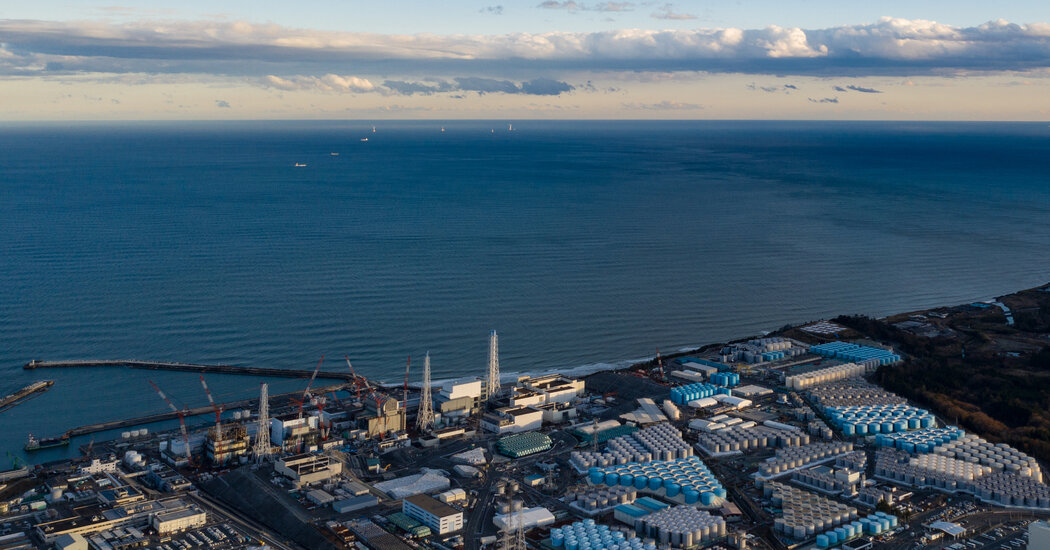In Guangdong Province, on China’s southern coast, a woman posted a photo of a boxed-up Japanese-brand air-conditioner that she planned to return in protest. In southwest China, the owner of a Japanese pub posted a video of himself ripping down anime posters and smashing bottles, saying he planned to reopen the business as a Chinese bistro. In many social media posts like these, the phrase “nuclear-contaminated wastewater” has appeared — the same wording used by the Chinese government and state media to refer to Japan’s release into the ocean of…
Tag: Fukushima (Japan)
Seafood Is Safe After Fukushima Discharge, But Some Won’t Eat It
Seafood is having a bad week in East Asia, which is bad news for a region where it’s a major part of the diet. Experts say Japan’s discharge into the ocean of treated radioactive wastewater from the ruined Fukushima nuclear power plant, which began on Thursday, does not and will not pose health risks to people who eat seafood. But even though the scientific evidence bears that out, not everyone is convinced. On Thursday, the Chinese government widened a ban on seafood imports to include all of Japan instead of…
Atomic Agency Clears Japan to Release Fukushima Water
In one of the remaining steps before Japan decides to release more than one million metric tons of treated radioactive water from the Fukushima nuclear plant into the Pacific Ocean, the International Atomic Energy Agency declared on Tuesday that the government’s plan had met the agency’s safety standards. The nuclear authority’s final report concluded that the treated water would “have a negligible radiological impact to people and the environment” once it is released. Japan’s plan has provoked controversy both at home and abroad, as government officials in China and many…


